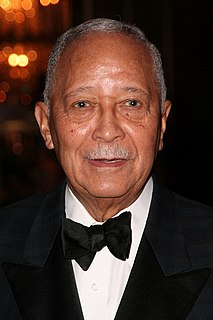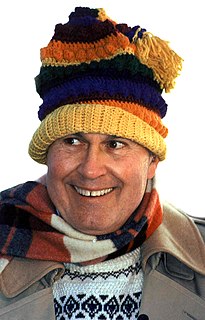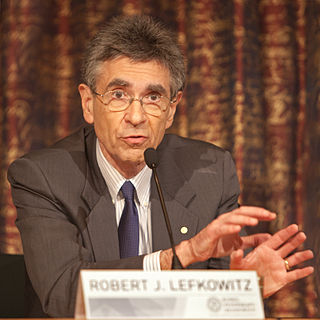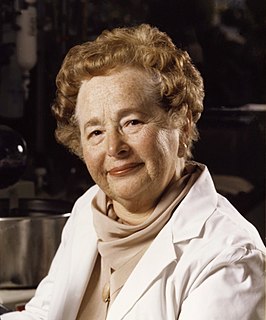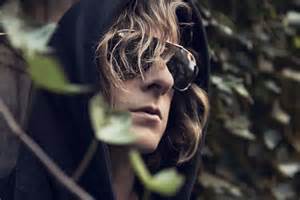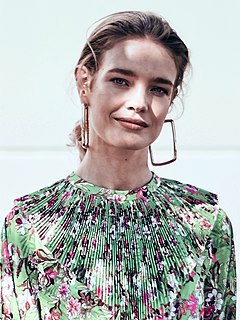A Quote by David Dinkins
My mother came here to New York. She and my grandmother were domestics, cooking, cleaning for other people.
Related Quotes
My whole family is in the arts some way or the other. My father was a cellist in a symphony outside Chicago that was a side-job, he was a scientist. My mother was a dancer in New York. She was next-door neighbors with Dorothy Loudon and they moved to New York together. Mom was a dancer in New York for several years before she got married. My sister was a classical pianist. And my brother was a partier. So it all just seemed to work.
The idea of the book ["The Japanese Lover"] came in a conversation that I had with a friend walking in the streets of New York. We were talking about our mothers, and I was telling her how old my mother was, and she was telling me about her mother. Her mother was Jewish, and she said that she was in a retirement home and that she had had a friend for 40 years that was a Japanese gardener. This person had been very important in my friend's upbringing.
My father emigrated from Lithuania to the United States at the age of 12. He received his higher education in New York City and graduated in 1914 from the New York University School of Dentistry. My mother came at the age of 14 from a part of Russia which, after the war, became Poland; she was only 19 when she was married to my father.
so my grandmother was not without humanity. and if she wore cocktail dresses when she labored in the garden, they were cocktail dresses she no longer intended to wear to cocktail parties. even in her rose garden she did not want to appear underdressed. if the dresses got too dirty from gardening, she threw them out. when my mother suggested to her that she might have them cleaned, my grandmother said, "what? and have those people at the cleaners what i was doing in a dress to make it that dirty?" from my grandmother i learned that logic is relative.
I actually like south Florida. I never lived in a more interesting place than this. I've never met a wider range of people. I guess when I came here I thought there were Cubans and then there were people from New York and that was Miami. Now I know that it's Cubans, people from New York, and some people from New Jersey.
I feel the change. I feel the relationship with New York changing. It's a personal relationship you have with the city when you move there. I definitely romanticize the early 2000s. As much as I prefer the city then as opposed to now, I'm sure if I were 23 and I moved to the New York of right now, I could have the same exact experience. I don't really hate the cleaning up of New York, even though it's not my preferred version of New York.
Well, when Eleanor Roosevelt's mother dies, she goes to live with her Grandmother Hall. And her Grandmother Hall is in mourning. She's in widow's weeds. She's in her 50s, but appears very old. And she's exhausted from raising rather out-of-control children. Her favorite daughter, Anna, has died (Eleanor's mother), and she has living at home two other sons, Vallie and Eddie. And they are incredible sportsmen, incredible drinkers, out-of-control alcoholics.
